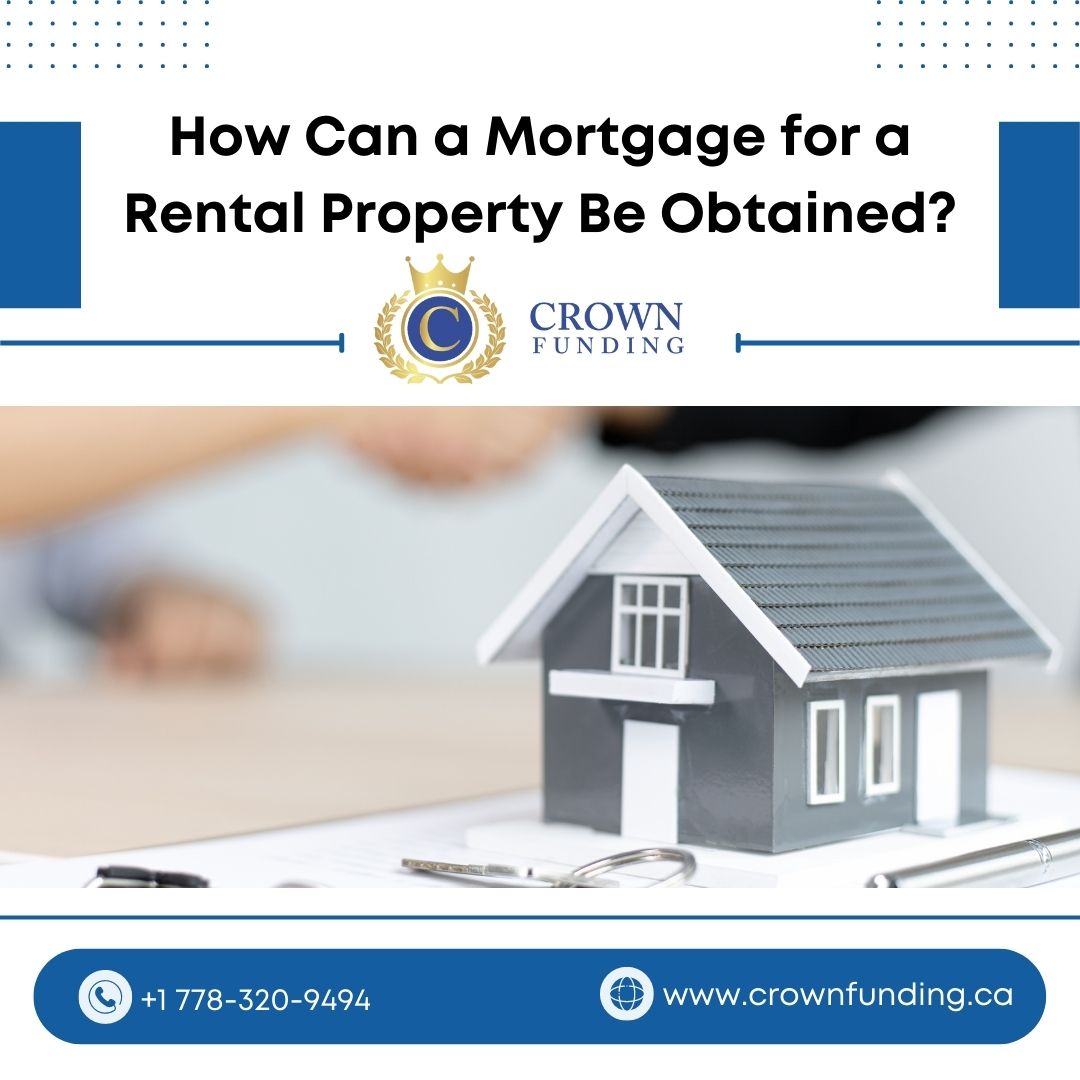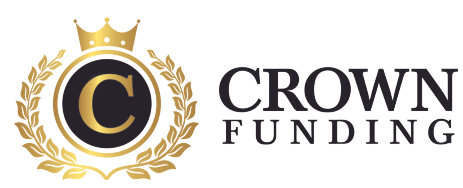
How Can a Mortgage for a Rental Property Be Obtained?
What is Rental Property?
Real estate purchased by an investor and rented out under a lease or contract is referred to as rental property. Rent payments from tenants or an increase in value at the sale are two ways a rental property might bring in money for its owner. Residential rental properties are houses owned by investors and rented to people who live there. The land must have been explicitly zoned for people to live there to be considered a residential property. Apartment buildings and multi-story houses are both examples of residential rental properties.
Once you own five or more residential units, several lenders will no longer consider you for a residential mortgage. Fortunately, we work with many lenders who don’t have restrictions on how many residential homes or apartments a person can own.
Commercial rental properties are owned by investors and leased to companies rather than residents. Mortgages for businesses typically have stricter guidelines and higher interest rates. Even though they can make excellent real estate investments, commercial rental properties are only one of the topics of this article.
Most investors expect to pay their monthly mortgage with the rent from their residential properties. With the help of this technique, rental properties can frequently pay for themselves. Sometimes the monthly rents are insufficient to cover all of the expenses related to the property, and the owner must fund that portion of the costs out of pocket.
One possible risk of having an investment property is that even if your tenant doesn’t pay you, you still have to pay your mortgage, property taxes, and other costs. Because of this, you were becoming a landlord entails much more than just purchasing a home. To meet your investment and mortgage needs, you must implement strict tenant screening and management policies.
Using rental properties as a tax shelter is another significant benefit. Several costs incurred by investors can be written off and subtracted from income taxes, including property taxes, rental property insurance, utilities, and repair fees.
Mortgage Financing for Rental Property
Although getting a mortgage for your rental home may seem complicated, it is frequently surprisingly easy. Like any other mortgage, if your credit rating, debt-to-income ratios, and current income meet the requirements, your lender will extend you a loan. However, you can also be required to show proof of tenancy or market rental rates when applying for a rental mortgage. Because investors can utilize the rental income to pay the loan back more quickly, the amortization term for rental properties is frequently shorter than that of a standard mortgage.
Consider taking your down payment amount into account when buying a rental property. You can get a mortgage with a down payment as low as 5%, even though the standard minimum down payment for a rental property is 20%.
You might be eligible for a down payment of 5–10% depending on the purchase price of your home if you are applying for a residential rental mortgage, your purchase price is under $1 million, you reside in one of the property’s units, and the property has up to 4 units.
If the purchase price mentioned above is less than CAD 500,000 and you are eligible for a high-ratio mortgage, you need to make a 5% down payment. You must put down 5% of the first $500,000 and 10% of the amount over $500,000 if the price is above $500,000 but below $1,000,000.
If your down payment falls short of 20% of the cost of your property and you are approved for the high-ratio mortgage option, you will have to buy mortgage loan insurance. Currently, Canada’s most comprehensive mortgage insurance is a government organization called the Canadian Mortgage and Housing Corporation (CMHC).
How to Improve Your Approval Chances
A lender must approve you before you may apply for a mortgage for your rental property. You can take the following actions to raise your chances of approval:
Recognize the Best Methods of Approval
Your lender will want to confirm your debt coverage ratio before granting you a loan. Your debt coverage ratio shows your ability to pay off your mortgage debt with available cash flows. Knowing the two most typical approval processes will help you select a lender who will employ the one that will increase your chances of approval. These approaches are:
The ratio of Debt to Service (DSCR): This strategy is frequently employed for commercial real estate investors who own at least five units. Your lender will divide your annual mortgage payments by your net operating income to determine your DSCR. It would help if you had a ratio of at least 1.1 to be authorized, but the higher your score, the better.
Inclusion of rent: Investors in residential rentals most frequently use this strategy. It entails figuring out what portion of your yearly income will be used for mortgage payments. To calculate this, a percentage of the anticipated rental revenue will be applied to your current income. Depending on the lender, some may not consider any of your rental income, while others may accept 50%, 80%, or even 100% of it as additional income to help lower your debt-to-income ratios. To understand more about TDS and GDS (gross debt servicing ratios), go here (total debt servicing ratios).
Get Your Documents Ready Ahead of Time: You need to maintain a strong credit score and show sufficient income from rental operations and other sources to be approved for a mortgage on a rental property. It is a good idea to gather and review your documentation before starting your application, so you have time to fix any mistakes, increasing your chances of approval. It would help if you took the time to gather your lease agreement, rent roll, most recent notice of assessment, and any other required documents. You can check your credit report for free beforehand.
Work with a Crown Finding private mortgage broker.
Large banks are turning away many would-be landlords in today’s mortgage market because of their stricter qualification requirements. Crown Funding has collaborated with various institutional and private lenders to match investment property buyers with outstanding rental mortgages. Getting accepted for a mortgage on a rental property might be challenging, but Crown Funding is here to assist. To arrange a free consultation with one of our experienced brokers, contact us right away!
